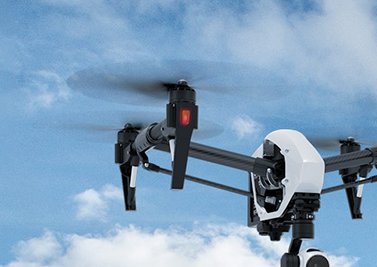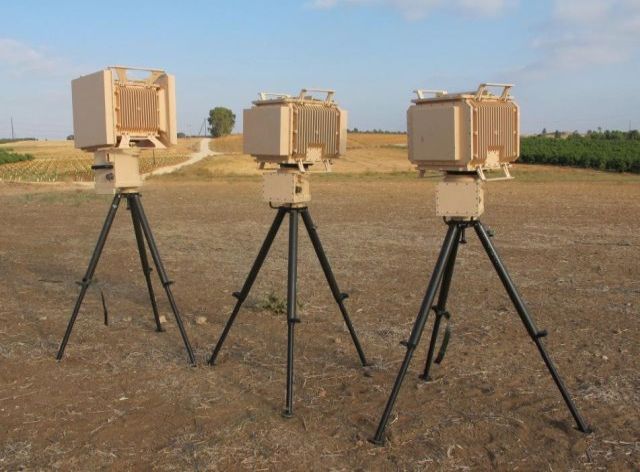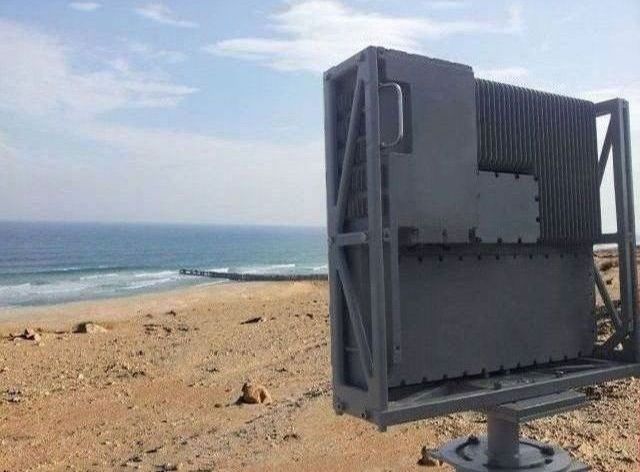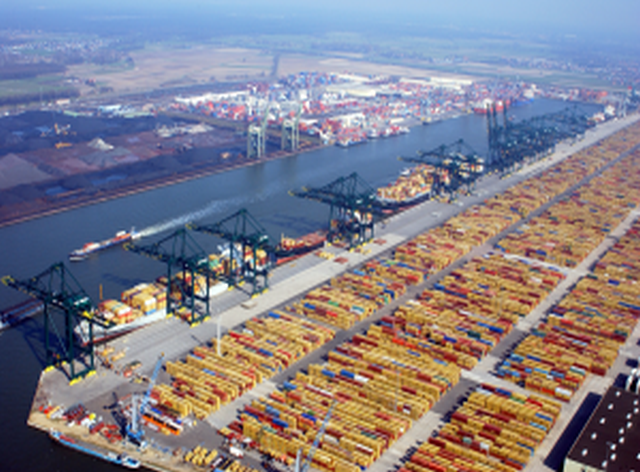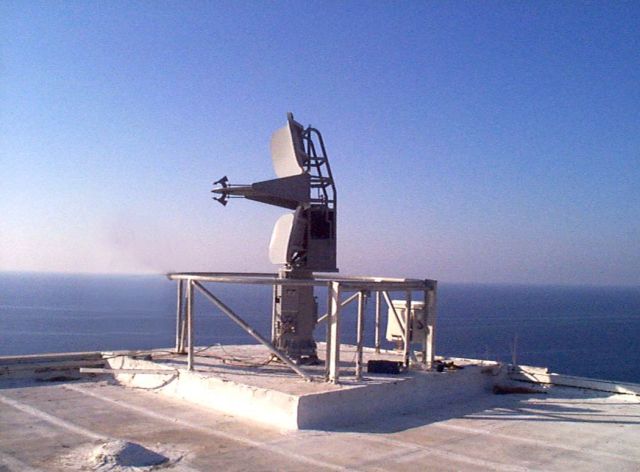Integrated Logistic Support (ILS)
ILS addresses all the aspects of product support. It is a management concept providing controls to help to ensure that the system will meet its performance requirements and receive effective and economical support throughout its life cycle.
It is an integral part of all aspects of system definition, design, development, installation and operation. Support shall be optimal with the help of adequate spare parts and appropriately trained operators. An excessive amount of spare parts could have a negative effect of higher inventory cost. Maintenance support equipment shall be adequate for the task.
The ILS contains technical disciplines that support maintenance, test equipment, tools, spare parts, personnel and training, technical data, documentation and facilities.
The Integrated Logistic Support Plan (ILSP) consist of the following sections:
- ILS Management Organization
- Maintenance Plan
- Documentation
- Support & Test Equipment (STE)
- Supply Support
- Training Program
- Facilities
- Follow-on support
- Warranty
Interaction and interface with other system engineering tasks
|
Design Program |
Components Program | Configuration Management Program | Reliability Program | Maintainability Program |
| Availability Program | LSA and LSAR Program | LORA Program | Supply Support (Spare) Program | Human Engineering Program |
| System Safety Program |
Maintenance Engineering, Planning, and Analysis Program |
Support Equipment Identification Program | Standardization Program | Parts Control Program |
| PHS&T | Initial Provisioning Program | Warranty Program | Test and Evaluation Program | Facilities and Storage Program |
| Technical Data Publications Program | Survivability and Vulnerability Program | Corrosion Prevention Program | Life Cycle Cost Program | Training and Commissioning Program |
ILS Program Organization and Management
The ILSMT will consist of the System Manager and ILS Manager (ILSM) supported by relevant engineering staff and technical people.
System Manager
The System Manager will have overall responsibility for all technical aspects of the program and:
- will coordinate the program efforts, including execution of the programming, scheduling of the program, and monitoring its progress relative to the project master milestone plan.
- will serve as direct liaison with the ILSM
- will be responsible for providing the ISLM with all source data and manufacturing, engineering input and assistance required to support the ILS program.
ILS Manager
The ILS Manager (ILSM) will act as a single point of contact for all ILS program' matters and will interface directly with PM.
The ILS will provide management direction for the ILS program and will be responsible for performing the following functions:
- Timely development and delivery of all ILS products in support of the system
- Coordination of all training, technical documentation and logistics engineering activities
- Management of all ILS related plan
- Coordination and control of the ILS efforts and subcontractors' ILS managers
- Ensure support policy and action item commitments
- Prepare management reports to inform interfacing disciplines of status, progress and problems
- Ensure that identified problems are solved or compensated
- Provide management and support of ILS configuration management program.
Sub-Contractors Interface
The overall responsibility for managing the interfaces with the subcontractors lies with the PM. Purchase orders of BATS to its subcontractors/vendors will include the ILS tasks and deliverables that each must provide to satisfy ILS requirements.
Quality Management of ILS
BATS will implement Quality Management (QM) provisions for ILS deliverables.
Configuration Management
BATS will implement a procedure for configuration management of changes affecting ILS deliverables.
ILS Management Review and technical meetings
BATS plans to host or attend, as appropriate, all necessary ILS-related meetings, conferences and reviews.
ILS Management Control System
Standard software will be used to manage schedule of the Project. The schedule control of the ILS activities will be performed as a subset of the Project Schedule system.
Technical performance control of ILS activities will be carried out through periodic, dedicated review meetings and will be tasked to the ILSM and the Project Manager, who will closely coordinate to ensure that the Project technical objectives are achieved within the time and cost constraints.
ILS Deliverables
The ILS Deliverables will be listed completely during the kick-off meeting,
System Description
The system defined by the System Manager will describe the different sub-assemblies. A detailed description will be defined in the system description document.
Maintenance Policy
The system maintenance will be based on three maintenance levels:
- Organisation level (OL)
- Intermediate level (IL)
- Depot level (DL)
Activities for each maintenance level
OL Maintenance
- Preventive maintenance: inspections, performance verification, etc.
- Corrective maintenance: faulty LRU detection and isolation; faulty LRU removal and replacement by a serviceable one that will be supplied from the central storage facility; faulty LRU transfer to IL or DL
IL Maintenance
- Preventive maintenance: periodic lubrication of the drive system, mast and levelling jack system
- Corrective maintenance: faulty LRU repair by replacing SRU and verification check, sending of faulty SRU to DL
DL Maintenance
- Corrective activities: repair of the failed LRU and SRU by replacing faulty components
Technical documentation
The technical documentation required to operate and maintain the system are based on the proposed maintenance plan.
The set of manuals for the operational and maintenance activities will include:
- System Operation manual
- System OL Maintenance manual
- System IL Maintenance manual
- COTS equipment Operation and Maintenance manual
Training
The objective of the training program is to provide the necessary knowledge, theoretical and practical, required for optimal operation and maintenance of the system.
A training program manager will be responsible for the planning and coordination of all activities required for the implementation of the training program.
Training plan
The training plan will describe the training concept and plans for training the engineers, operators and maintenance personnel of the system. The plan will provide information regarding the location of the training, duration of each course, and the number of trainees, which each course can support. Training schedule will specify the start and end data for each course. Exact dates will be mutually agreed by the parties, taking into account the availability of facilities, equipment and key personnel, and avoiding interference with other scheduled activities of the program.
Training courses
The training program will consist of the following courses:
- Operator course
- Maintenance course.

